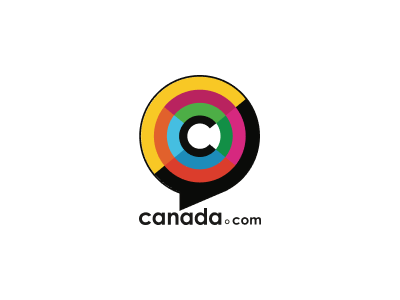I found this very disturbing. I just bought some surgical masks. Are they or are they not going to help?
MARY LAMEY, The Gazette
The federal department is stockpiling up to 4.5 million surgical masks as part of its influenza pandemic preparedness plan and has set another 95,000 N-95 masks aside in strategic locations across the country in the event of an avian flu crisis.
Some healthcare workers are rebelling against the plan, including the Ontario Nurses Association, which is demanding that the government is cheaping out, and putting lives at risk.
Others are also speaking up, including microbiologists who challenged a Health Canada representative at last week's meeting of the Canadian Association for Clinical Microbiology and Infectious Diseases.
"Surgical masks are crap and everyone knows it," said Claude Neunlist, Triosyn's director of international sales.That view was echoed by Dr. Raymond Tellier, a microbiologist at Toronto's Hospital for Sick Children, who is critical of Health Canada's mask policy.
"Sending health-care workers to work with surgical masks is akin to sending soldiers into Iraq with BB guns. It isn't good enough," Tellier said.
The flu is spread by droplets from coughs and sneezes, surface contact and from aerosolized vapour, which is breathed deep into the lungs "where the flu likes to live best," he said.
In clinical trials, Triosyn's face mask has proven to be more effective against airborne diseases than the masks currently recommended by the World Health Organization against SARS and avian flu, among other illnesses. Called N-95 masks, they are considered sufficient to block 95 per cent of particles 0.3 microns in size or larger.
A fitted mask with a polymer lining treated with an iodine-based compound, is one hundred to one thousand times more effective in trapping and killing harmful micro-organisms and is effective longer than the competition, according to tests conducted by France's Pasteur Institute, the U.S. Air Force Research Labs and Health Canada, among others.
A spokesperson for the Public Health Agency of Canada, spearheading the federal government's avian flu response, refuted that, as it did last week at the microbiologists' conference.
"The flu is not an airborne disease. It does not float around in the air. It is spread by droplets," said Shirley Paton, a nurse and infectious diseases specialist with the agency.
For more info go to www.viraldefender.com
© The Gazette (Montreal) 2006
MARY LAMEY, The Gazette
The federal department is stockpiling up to 4.5 million surgical masks as part of its influenza pandemic preparedness plan and has set another 95,000 N-95 masks aside in strategic locations across the country in the event of an avian flu crisis.
Some healthcare workers are rebelling against the plan, including the Ontario Nurses Association, which is demanding that the government is cheaping out, and putting lives at risk.
Others are also speaking up, including microbiologists who challenged a Health Canada representative at last week's meeting of the Canadian Association for Clinical Microbiology and Infectious Diseases.
"Surgical masks are crap and everyone knows it," said Claude Neunlist, Triosyn's director of international sales.That view was echoed by Dr. Raymond Tellier, a microbiologist at Toronto's Hospital for Sick Children, who is critical of Health Canada's mask policy.
"Sending health-care workers to work with surgical masks is akin to sending soldiers into Iraq with BB guns. It isn't good enough," Tellier said.
The flu is spread by droplets from coughs and sneezes, surface contact and from aerosolized vapour, which is breathed deep into the lungs "where the flu likes to live best," he said.
In clinical trials, Triosyn's face mask has proven to be more effective against airborne diseases than the masks currently recommended by the World Health Organization against SARS and avian flu, among other illnesses. Called N-95 masks, they are considered sufficient to block 95 per cent of particles 0.3 microns in size or larger.
A fitted mask with a polymer lining treated with an iodine-based compound, is one hundred to one thousand times more effective in trapping and killing harmful micro-organisms and is effective longer than the competition, according to tests conducted by France's Pasteur Institute, the U.S. Air Force Research Labs and Health Canada, among others.
A spokesperson for the Public Health Agency of Canada, spearheading the federal government's avian flu response, refuted that, as it did last week at the microbiologists' conference.
"The flu is not an airborne disease. It does not float around in the air. It is spread by droplets," said Shirley Paton, a nurse and infectious diseases specialist with the agency.
For more info go to www.viraldefender.com
© The Gazette (Montreal) 2006

Comment